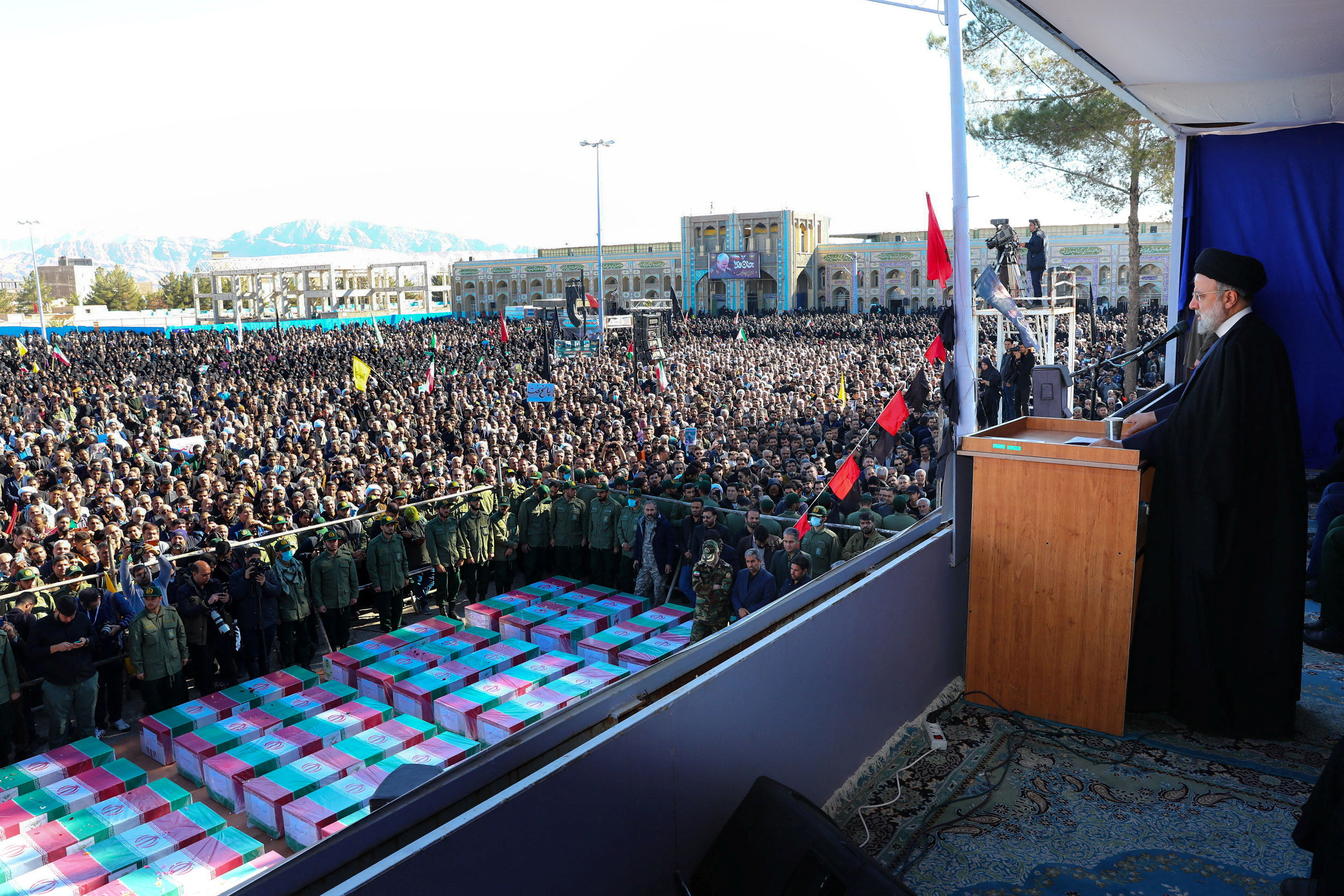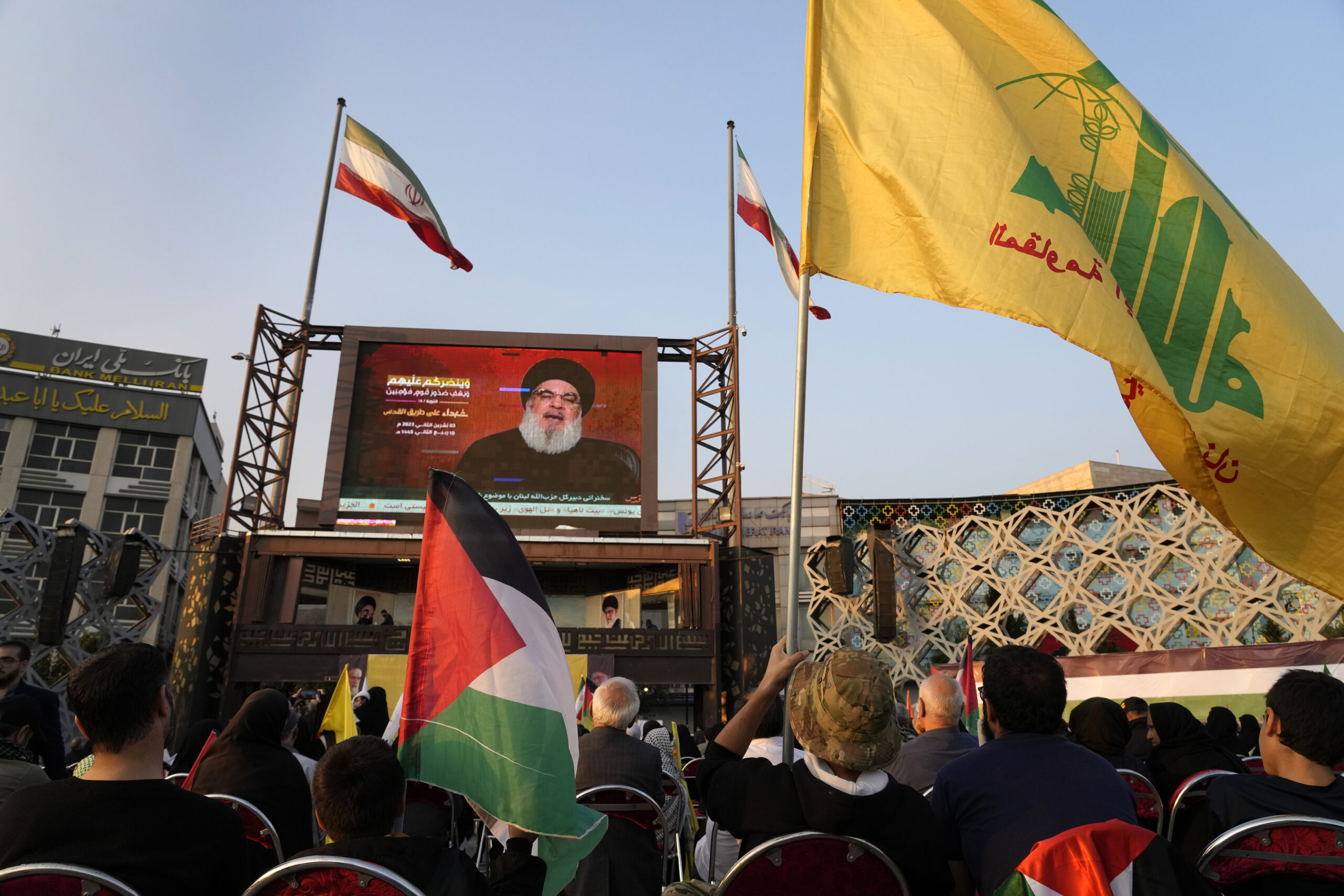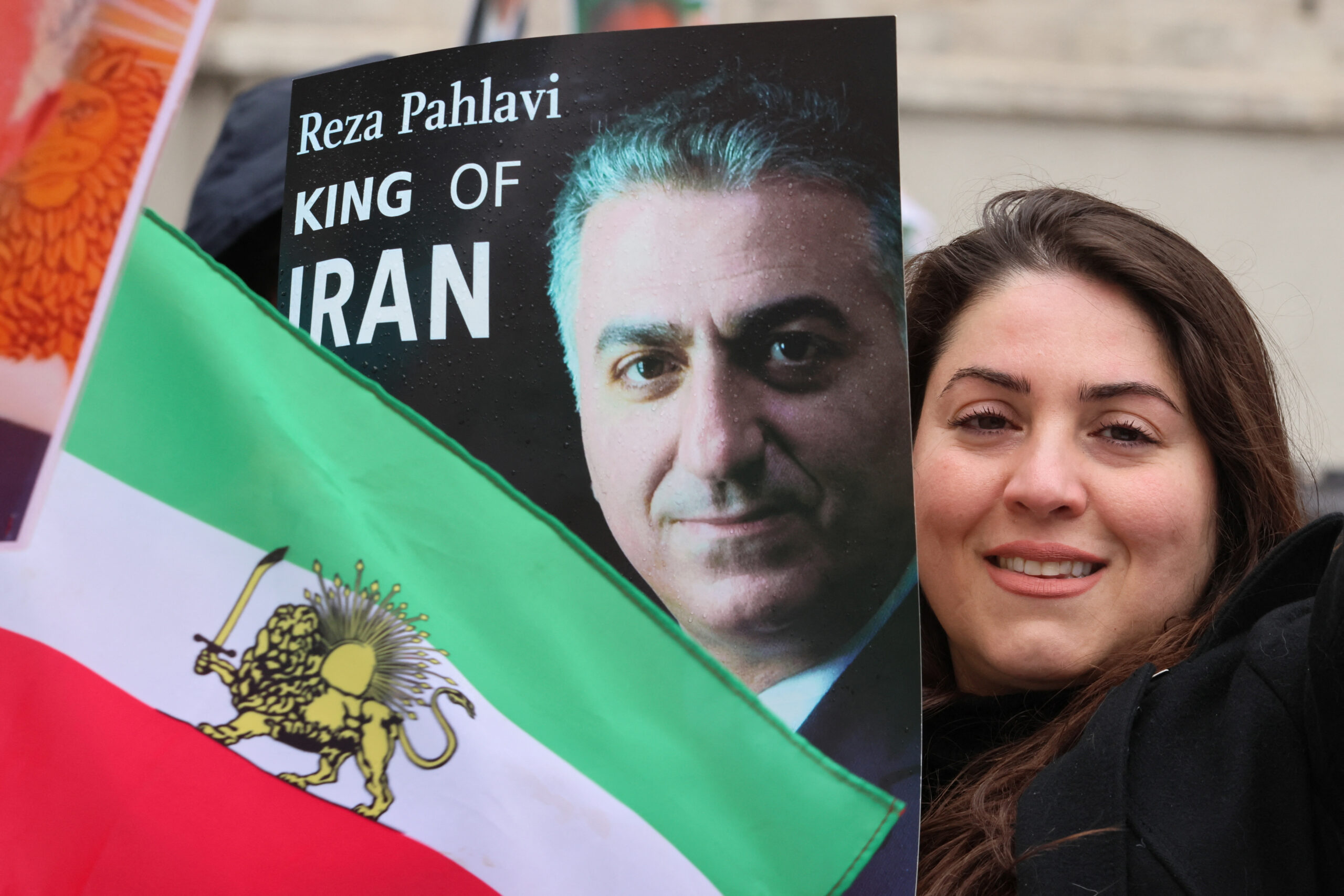ISIL’s Attack Will Not Weaken the Regime in Tehran
If history is any indication, the latest ISIL attack in Iran may serve to rally Iranians around the flag against a terrorist enemy and even strengthen the regime.

The Islamic State in Iraq and the Levant resurfaced in the spotlight as it claimed responsibility for conducting twin bombings January 3 in Kerman in southeastern Iran. In doing so, ISIL proved it still is a force to be reckoned with, which may have been the motive behind the attack. The impact of the attack on the Islamic Republic, on the other hand, is more debatable: Did the attack undermine public confidence in the capabilities of security agencies, perhaps emboldening the internal opposition to rise against the regime; or contrariwise, did it rally Iranians around the flag against a terrorist enemy? If history is any indication, the latest ISIL attack, rather than weakening the regime in Tehran, may perhaps even strengthen it.
Ever since the January 3, 2020 killing of Major General Qassim Suleimani, commander of the extraterritorial operations Quds Force of the Islamic Revolutionary Guard Corps, by the U.S. military, Islamic Republic authorities have commemorated the anniversary of the assassination with public events for propaganda purposes. This year was no exception, but as mourners flocked to Suleimani’s tomb at the Martyrs’ Cemetery in Kerman, the procession was struck by two bombs exploding 12 minutes apart killing 89 and wounding 284 people.
Following almost 24 hours of contradictory reports concerning the bombing method, and public speculation about the identity and motives of the perpetrators, ISIL claimed responsibility January 4. ISIL further disclosed the perpetrators were Omar al-Movahed and Seif-Allah Mujahed, who wore explosive belts. Western sources further identified ISIL-Khorasan, an affiliate of the main organization, as the perpetrator. In a January 5 statement, Iran’s Ministry of Intelligence claimed one perpetrator was a Tajik, which indicates he was a national of either Tajikistan or Afghanistan, while the nationality of the second perpetrator was not yet known. The Intelligence Ministry further reported it had found where the perpetrators were staying and arrested two of their assistants in Kerman and nine other individuals in six different provinces of Iran.
The Kerman bombings mark the latest among a series of ISIL attacks in Iran beginning June 7, 2017 with twin attacks against the Iranian Parliament and a suicide bombing at the mausoleum of Grand Ayatollah Ruhollah Khomeini, founder of the Islamic Republic. ISIL also claimed responsibility for a September 22, 2018 attack against a military parade in Ahvaz, in southwestern Iran, killing 25 people, including IRGC soldiers and civilian bystanders. However, Islamic Republic authorities more credibly pinned the attack on the separatist Arab Struggle Movement for the Liberation of Ahwaz, which initially claimed responsibility for the attack but has since denied involvement in it. On October 26, 2022, an individual, whom ISIL later identified as Abi Ayesha al-Omari, and whom the Intelligence Ministry deemed to be a national of Tajikistan, killed 13 pilgrims at the Shah Cheragh shrine in Shiraz. On August 13, 2023, another national of Tajikistan opened fire against pilgrims, also at the Shah Cheragh shrine, killing two and wounding seven.
Public reactions to ISIL attacks in Iran were varied: Some opposition groups abroad ridiculed the regime’s earlier claims of Iran as an island of stability in a sea of regional unrest. More remarkably, these groups and anonymous social media accounts displayed no sympathy for the victims, whom they claimed were regime supporters and deserved what they got. Within Iran, too, there was criticism of the security agency’s inability to foil the attacks, but in general, ISIL’s attacks coupled with the group’s virulent anti-Shia and anti-Iranian rhetoric had a unifying effect on the Iranian public.
ISIL’s latest attack is likely to have a similar impact. While the likes of Ali Karimi, a former Iranian footballer turned opposition figure abroad, ridiculed the victims of the attack on social media as people lining up at the cemetery for free food and drinks, the Iranian public was largely disgusted by ISIL’s act of terror.
The views represented herein are the author's or speaker's own and do not necessarily reflect the views of AGSI, its staff, or its board of directors.




















